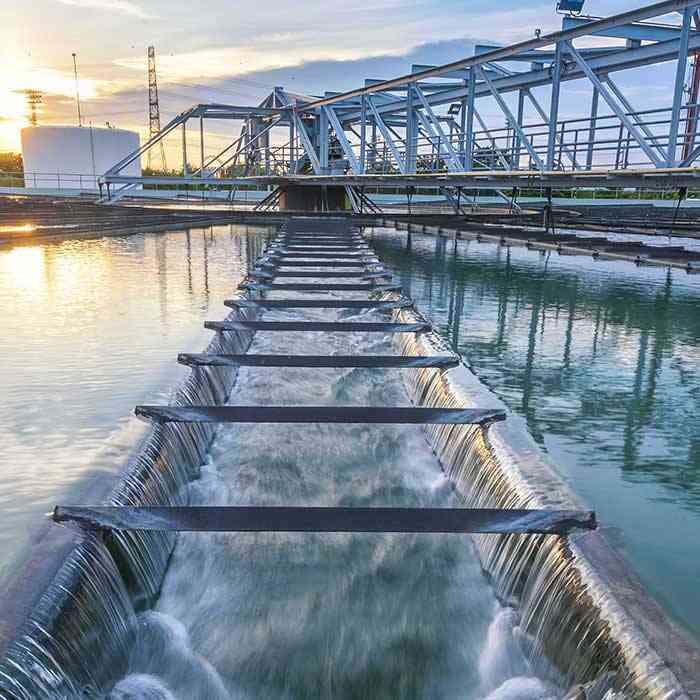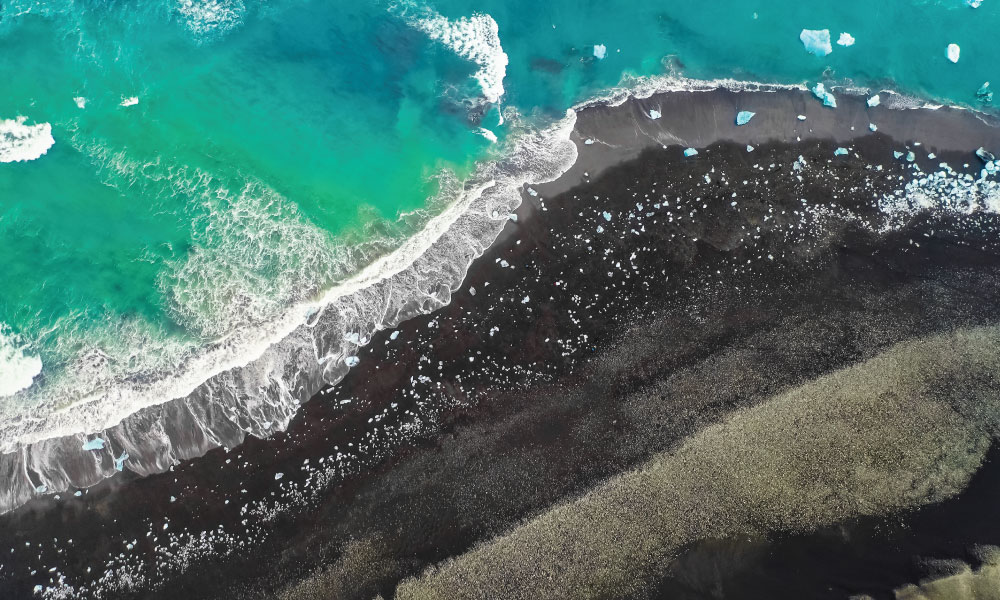On August 22, 2012, the final rule regarding sourcing of conflict minerals under Section 1502 of the Dodd-Frank Wall Street Reform and Consumer Protection Act (“the Dodd-Frank Act”) was approved by the U.S. Securities and Exchange Commission (“SEC”). The rule imposes reporting requirements on publicly-traded companies relating to the presence of conflict minerals in the products that they manufacture.
Read the final ruling on this regulation
Section 1502 of the Dodd-Frank Act designates cassiterite, columbite-tantalite (coltan), wolframite, or their derivatives, which are limited to tin, tantalum and tungsten, respectively, and gold as “conflict minerals.” These minerals are used in many manufactured goods across many industries, including the aerospace, appliances, automotive, electronics, jewelry, medical and tool and die industries. Trane Technologies is committed to taking all reasonable steps to comply with the legislation and has begun the lengthy process of determining where conflict minerals exist within our direct material supply chain.
Overview of the Conflict Minerals Issue
The SEC’s conflict mineral rule focuses on the Democratic Republic of the Congo (“DRC”), a central African country with vast mineral wealth, including reserves of conflict minerals. For many years, armed groups have fought to control mines within the DRC and smuggle minerals out of the country, the proceeds of which are used to finance conflict and perpetuate criminal behavior. These armed groups have been cited for committing multiple human rights violations and contributing to the humanitarian crisis in the region. The new reporting requirements reflect Congressional concerns that the exploitation and trade of conflict minerals by armed groups is helping to finance conflict in the DRC region.
Publicly traded companies are now required by the SEC to disclose annually whether conflict minerals necessary to the functionality or production of products they manufacture or contract to manufacture are “DRC conflict free.” According to the SEC’s final rule, this means that any conflict minerals used in manufactured products that originated from the DRC, Angola, Burundi, the Central African Republic, the Republic of the Congo, Rwanda, South Sudan, Tanzania, Uganda, or Zambia (the “Covered Countries”) did not directly or indirectly finance or benefit armed groups within these countries.
In addition to the conflict minerals listed above, the U.S. Secretary of State may, from time to time, designate as a conflict mineral any mineral the Secretary finds to be financing conflict in the Covered Countries.
Trane Technologies' Approach to Conflict Minerals
The SEC’s final rule on conflict minerals applies to Trane Technologies suppliers of products and materials that are incorporated into Trane Technologies' products, regardless of where the supplier is located. Trane Technologies will seek to responsibly source materials from the Covered Countries and to avoid supporting the armed groups causing human rights violations. Thus, Trane Technologies expects our suppliers to:
- source conflict minerals responsibly and to provide sufficient data , including supporting due diligence records, demonstrating they have ensured that, to the extent they use conflict minerals in the products they provide to Trane Technologies, the procurement of those conflict minerals does not support these armed groups and are DRC Conflict Free;
- establish conflict minerals compliance policies, survey their suppliers and establish a due diligence process to support their conflict minerals data collection efforts; and
- document thoroughly their efforts to determine the source of any conflict minerals or derivatives and be prepared to provide Trane Technologies with evidence of the origin of any conflict minerals contained in products supplied to Trane Technologies.
At this time, Trane Technologies uses the standard EICC/GeSI template to survey its suppliers, which includes use of the Conflict Free Smelter list. Trane Technologies encourages its suppliers to do the same.
Suppliers who cannot provide this data demonstrating that conflict minerals used in their products provided to Trane Technologies are DRC Conflict Free may not be considered for future projects with Trane Technologies. A supplier’s failure to cooperate with Trane Technologies to provide the necessary data may result in termination of the buyer/supplier relationship by Trane Technologies. Similarly, providing data that shows the armed groups are being supported by material purchased for Trane Technologies products can result in termination of the buyer/supplier relationship by Trane Technologies.
Form SD and Conflict Minerals Report
- 2023 Form SD and Conflict Minerals Report
- 2022 Form SD and Conflict Minerals Report
- 2021 Form SD and Conflict Minerals Report
- 2020 Form SD and Conflict Minerals Report
- 2019 Form SD and Conflict Minerals Report
- 2018 Form SD and Conflict Minerals Report
- 2017 Form SD and Conflict Minerals Report
- 2016 Form SD and Conflict Minerals Report
- 2015 Form SD and Conflict Minerals Report
- 2014 Form SD and Conflict Minerals Report
- 2013 Form SD and Conflict Minerals Report
If you have questions or feedback regarding our Conflict Minerals program, please contact ConflictMinerals@tranetechnologies.com.

 English
English


